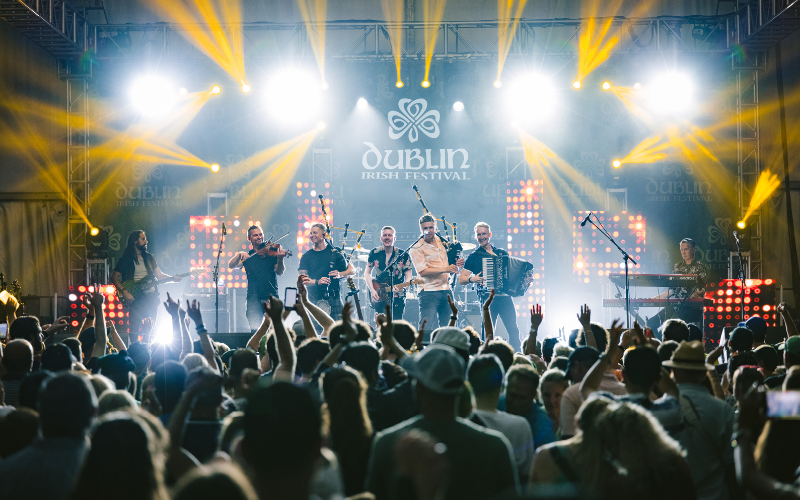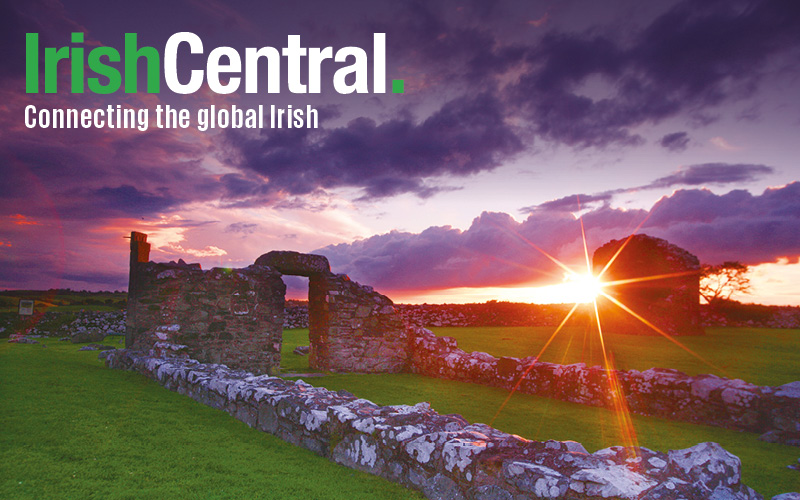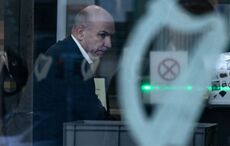A YEARLONG study by an Irish historical research group has uncovered fascinating new details about Senator Barack Obama's Irish ancestry. Among the recent discoveries, researchers announced that Michael Kearney (Obama's sixth great-granduncle) was an 18th century business mogul who opposed political corruption in Dublin, and was widely celebrated in the city politics of his day where he won a landslide election to city Dublin City Council.The study also revealed that John Kearney, another relation, would be a distant cousin of Obama's, and went on to become the Provost (or head) of Trinity College Dublin, and later the Bishop of Ossory.Obama's links to the Kearney family from Moneygall Co. Offaly first came to light last year, and apart from the obvious interest of a link to a U.S. presidential candidate, the story of the Kearney family of Moneygall is captivating in itself.The Irish researchers discovered that the Kearney family was probably Gaelic Irish in origin, based on their family name, and that their probable place of origin was Tipperary. They were skilled artisans whose business prospered in the 18th century, with one branch of the family headed by Joseph Kearney, born circa 1698, doing extremely well.The Kearneys were involved in the trade of periwig making. In the 18th century people wore wigs because they didn't wash their hair - at the time water was commonly thought to spread disease. So wigs were not just a luxury item, they were worn by professionals, the gentry and the aristocracy, and also by many of the senior staff in the big houses.The research by Eneclann, the Trinity College-based electronic publisher of historical data, traced the family tree back to the late 17th century, where they found that the Kearney family had a prolonged involvement in politics. Michael Kearney was a freeman of Dublin City and he had a vote in elections for the City Council, and was very active within the politics of his trade guild.In 1720 within three years of joining his guild he was elected house warden. In 1724, he was openly critical of the master and warden of his guild, and led a petition against them. Although he was suspended at that time, clearly he had the support of his fellow guild members, and within two years in 1726, Michael Kearney was elected master of the Guild of Barber Surgeons. The Irish researchers actually found the number of votes for each candidate and discovered Kearney won the election hands down. The voting was Michael Kearney 44 votes; and his rivals Mr. Cauliff five votes, and Mr. Wetherall two votes.In the 1750s, when the aristocracy tried to gerrymander (manipulate) elections to Dublin City Council to put in their own candidates, Michael Kearney was prominent among the Dublin Guildsmen (the business leaders of their day) in successfully opposing them. Michael Kearney remained prominent in the Guild of Barber Surgeons until his death in 1762Just like Obama, not all of Kearney's aristocratic contemporaries admired him though, and the researchers found a pamphlet written against Kearney by a defeated rival in 1726, shortly after his election. Eneclann's director Fiona Fitzsimons told the Irish Voice, "Our research into Obama's Irish ancestry started out as a simple exercise for a new member of staff, because we thought it would be done quickly. But then it grew into a yearlong project once we saw how much information there actually was. "We managed to trace Obama's Irish ancestry back to his sixth great grandfather, Joseph Kearney who was born in about 1698. Originally we kept thinking it would be just half an hours' research, but it just opened and opened. It completely ran away with us all."As the 19th century progressed the Irish family line from which Obama descends failed to prosper and so they emigrated to the US.Meanwhile, the American genealogist responsible for first discovering that Obama's roots traced back to Moneygall said that Falmouth Kearny, Obama's second great grandfather came to the U.S. to join his father Joseph who he was left a farm in Ohio in 1848.Megan Smolenyak, genealogist and spokesperson for ancestry.com, the largest family history site online, told the Irish Voice, "It wasn't that the Famine wasn't a factor for them immigrating but it was clearly the land that was the trigger for their coming to the U.S. at that time."




Comments